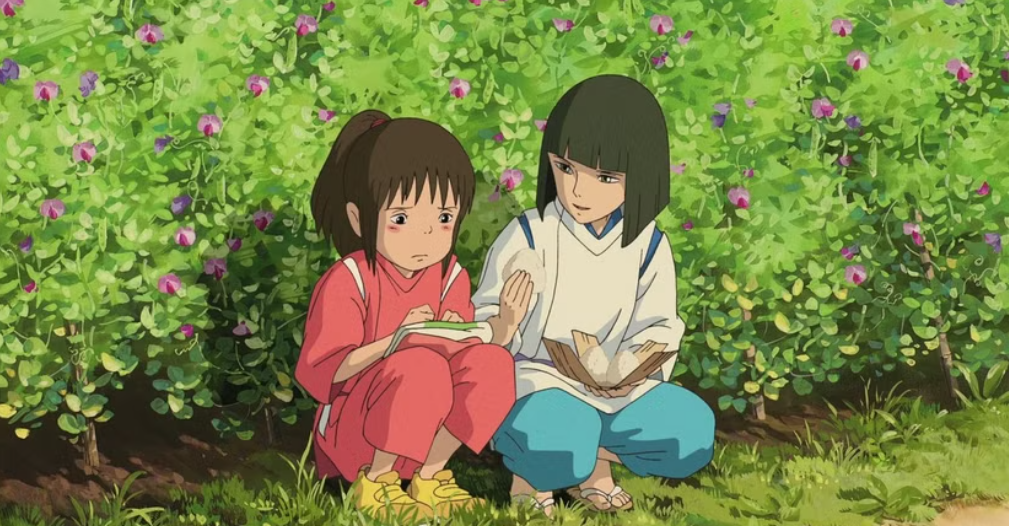
Have You ‘Stolen’ Hayao Miyazaki’s Intellectual Property—Yet? The Ghibli AI Art Dilemma
The Ghibli AI art has taken over social media. People are using AI tools to transform their photos into dreamy, nostalgic, Ghibli-inspired portraits. It’s easy to see why—Studio Ghibli’s aesthetic captures a timeless magic that fans can’t resist. But there’s a growing debate: Is it creative homage or a copyright infringement waiting to happen?
Legendary filmmaker Hayao Miyazaki famously abhors AI-generated art, once calling it an “insult to life itself.” Yet, that hasn’t stopped thousands from sharing AI-generated “Ghibli-fied” images online. It’s fun, creative, and trendy—but also legally and ethically murky.
So, have you unknowingly crossed the line into copyright infringement? Let’s unpack the controversy.
The Ghibli AI Craze: Why It’s Blowing Up
The Allure of Ghibli Aesthetics and a Lesson in Craftsmanship
There’s something undeniably captivating about Studio Ghibli’s signature style. The softly lit scenes, hand-drawn detail, and the nostalgic portrayal of everyday life create a sense of comfort and wonder. We have to admit—we’ve played around with “Ghiblifying” a few team photos ourselves. Imagining ourselves in that dreamy, animated world was just too good to pass up.
But it’s not just the aesthetic that resonates. Ghibli’s artistry is rooted in painstaking craftsmanship—each film meticulously hand-illustrated, often taking years to complete. This dedication to authentic storytelling is a core part of what makes Ghibli so special. AI-generated art may capture the look, but it lacks the soul and effort behind the real thing.
The Ethical and Legal Dilemma
Miyazaki’s Perspective
Miyazaki has been vocal about his disdain for AI art. His criticism highlights a fundamental tension between technological innovation and creative integrity. “I strongly feel that this is an insult to life itself,” he once said, emphasizing that AI-generated works lack the soul of hand-crafted art.
The Copyright Question
So, is recreating a style through AI infringement? According to TechCrunch, “Style is not explicitly protected by copyright, meaning OpenAI does not appear to be breaking the law simply by generating images that look like Studio Ghibli movies.”
However, The IP Press offers a contrasting view: “If AI-generated images closely mimic the distinct style of Hayao Miyazaki and Studio Ghibli, they may fall under the scope of derivative works, thereby requiring explicit authorization from the copyright holder.”
What Brands and Creators Need to Know
Guidelines for Responsible Use:
• Respect Artistic Legacy: Just because AI makes it easy to replicate a style doesn’t mean it’s ethical, especially if the original creator openly opposes it.
• Commercial Use vs. Personal Enjoyment: Using Ghibli-style images personally may be acceptable but leveraging them commercially and benefitting from it financially could be problematic.
• Stay Updated: Copyright laws around AI-generated art are still evolving. Keep informed to avoid unintentional infringement.
Our Stance
At Illustrado, we value creative integrity and respect for craftsmanship. Just because something is trending doesn’t mean it aligns with our brand values. We believe that honoring the original creators and understanding the depth of their work is crucial.
We also recognize that AI is here to stay, and the line between creativity and infringement will always have gray areas. It’s not about rejecting AI altogether—it’s about using it thoughtfully, respecting creative legacies, and being mindful of how our choices reflect our brand values.
For us, while AI-generated Ghibli-style images are fun and creative, they don’t quite capture the soul and dedication behind true hand-crafted animation. That’s why we’ve decided to keep our own Ghibli-inspired photos private—just as a small nod of respect to Miyazaki’s artistic legacy.
We also support companies that take steps to protect their intellectual property. As AI-generated content continues to evolve, we believe that clear regulations are essential to balance innovation with respect for creative rights.
The Takeaway
Creativity should honor the legacy of original creators, not exploit it. Brands need to be mindful of the line between inspiration and infringement—especially when leveraging AI-generated content. Think about the message your brand sends when you choose novelty over integrity.
Next Read
If this topic got you thinking, continue exploring the challenges and opportunities of AI in branding with our guide:
Unlocking the Power of Digital Marketing →


